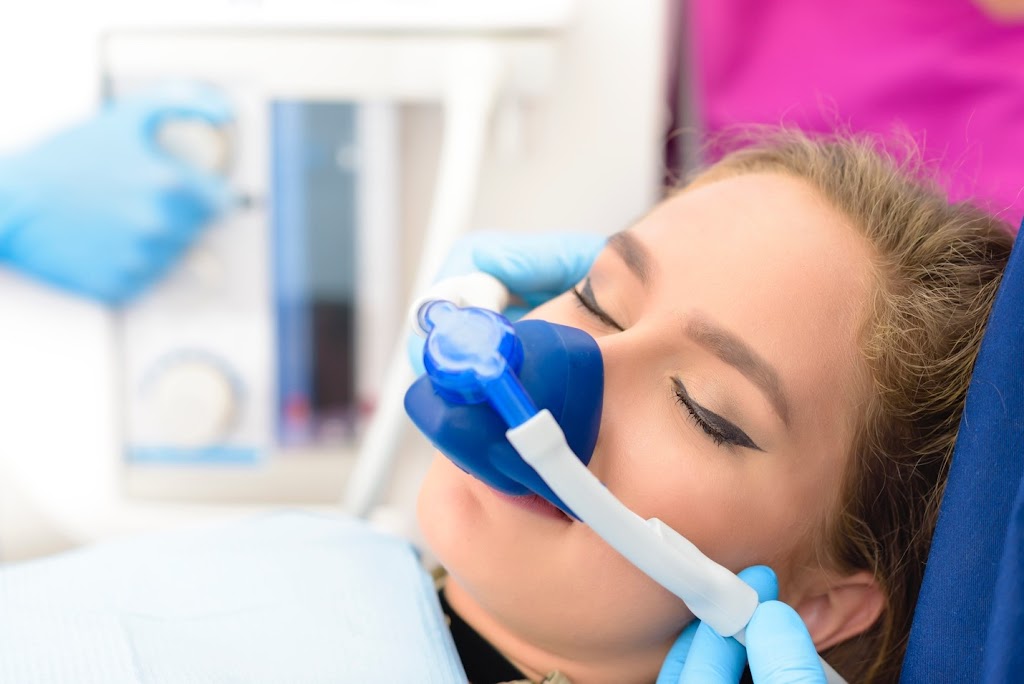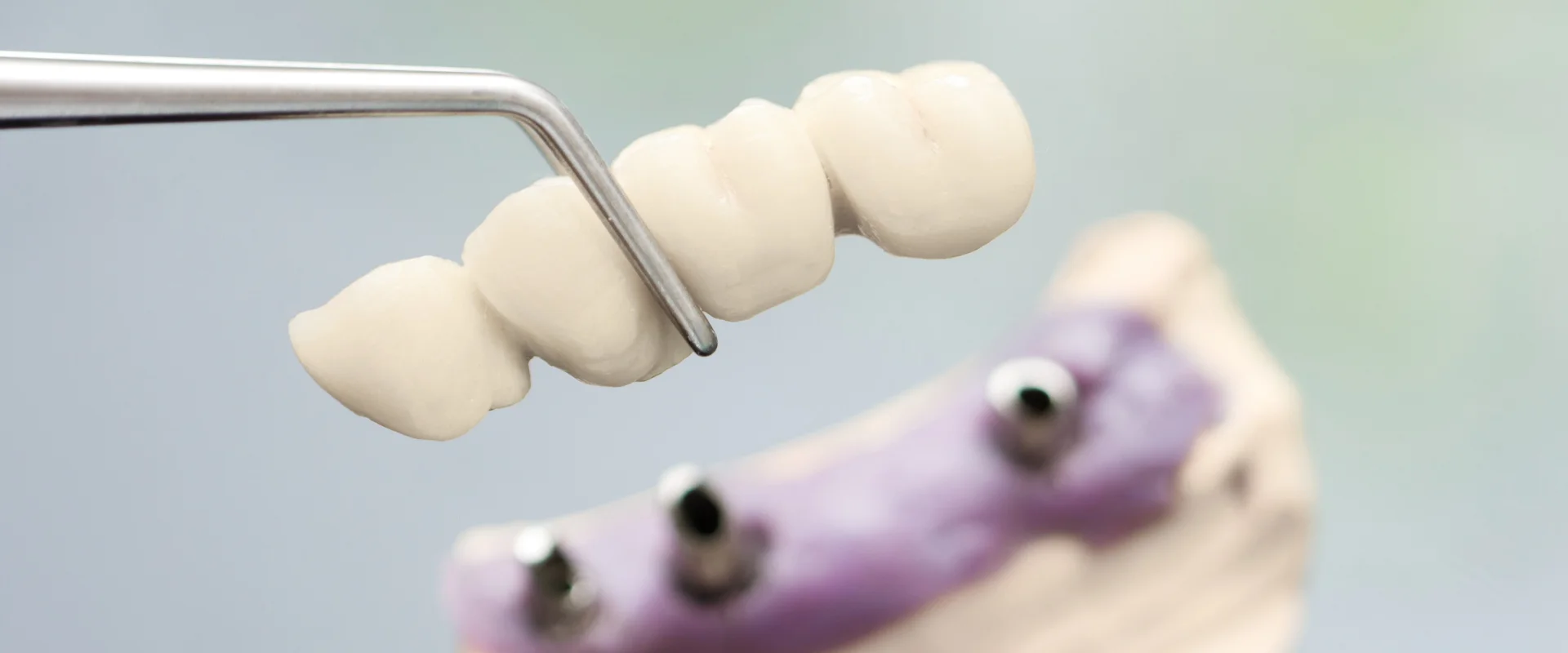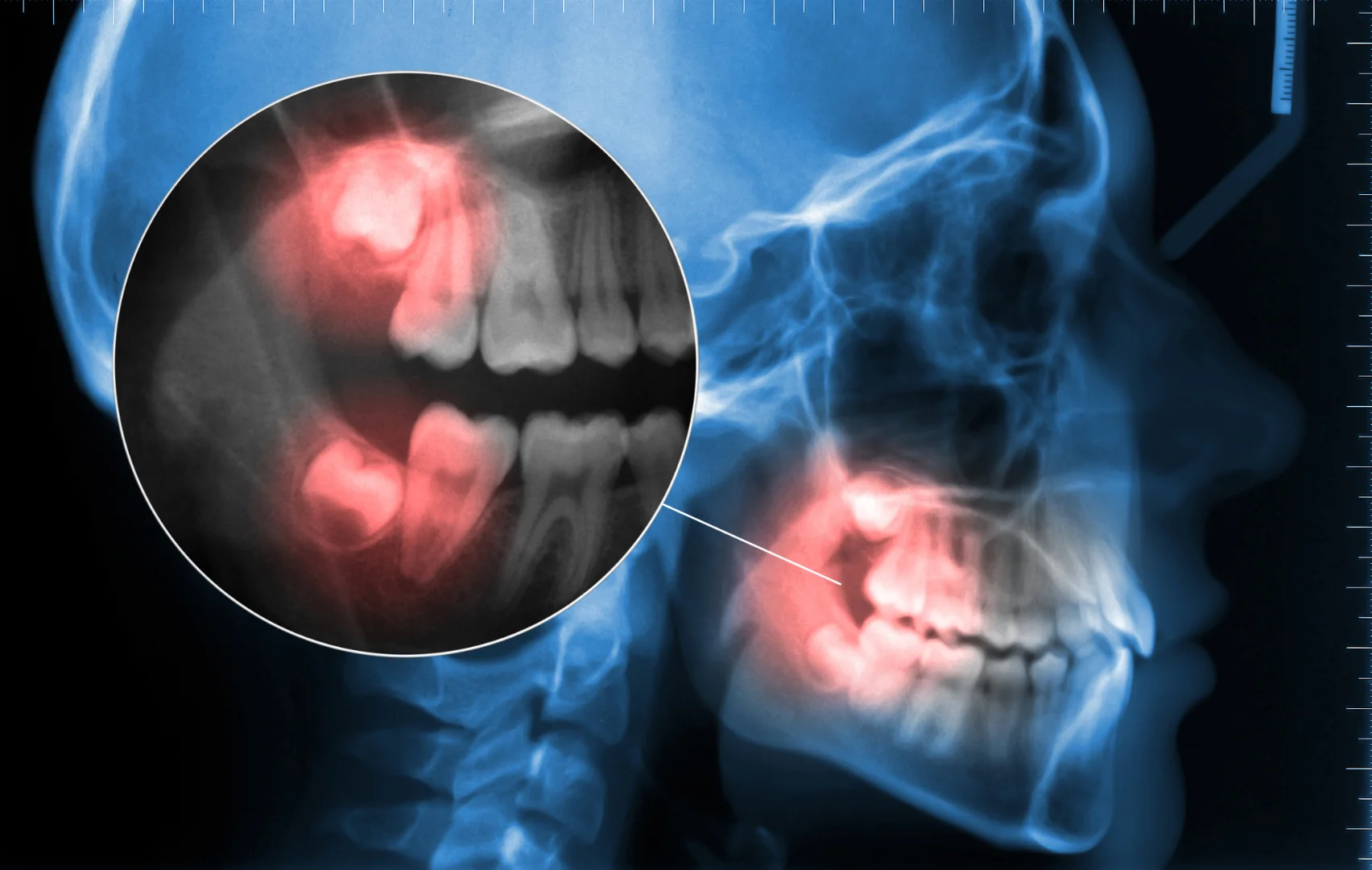Your oral health professional just gave you the news: you need some procedures! Now, you have many questions, including if you will be able to get time off of work, how you are going to face more appointments when this one caused you so much anxiety, or what options you have to get the work done. The good news is you have an option at Solace implant center & Oral Surgery that answers all of those questions: sedation dentistry. Sedation dentistry involves the use of medication to help patients relax and manage anxiety during dental procedures, making treatment more comfortable and accessible. This process offers all our patients many benefits, including help for those with dental visit anxiety, options for those with busy schedules, and more.
In addition to these numerous benefits, sedation dentistry benefits include reducing anxiety, improving patient comfort, and enabling multiple procedures to be completed in a single visit. By helping patients relax, sedation dentistry makes it easier to receive the care you need. Dental sedation plays a key role in ensuring a stress-free and comfortable experience for every patient.
Types of Sedation
When it comes to sedation dentistry, there are several sedation options available to suit different needs and procedures. Nitrous oxide, commonly known as laughing gas, is a gentle inhalation sedation that helps patients feel relaxed and at ease while remaining fully conscious throughout the dental procedure. For those who need a deeper sense of calm, oral sedation involves taking a prescribed medication in pill form before the appointment, resulting in mild to moderate relaxation. Intravenous (IV) sedation is ideal for more complex procedures or patients with significant dental anxiety, as it allows the sedation dentist to adjust the level of sedation during treatment for maximum comfort. In some cases, general anesthesia may be recommended, especially for lengthy or invasive treatments, ensuring the patient is completely unconscious during the dental procedure. The choice of sedation method is tailored to each patient, taking into account their medical history, anxiety level, and the complexity of the dental work being performed.
Fear of Dentist Visits
For those patients who develop anxiety or dental phobia about going to the dentist, sedation dentistry can help. Some patients may avoid the dentist altogether due to their fears, which can lead to oral health problems. Sedation dentistry numbs their senses, freeing them to relax and have a pleasant experience. In the end, the patient will have no memory of the event, won’t experience pain during the procedure, and will feel better about attending their dental appointments.
Saves on Oral Health Trips
Some procedures require multiple visits to the dentist. Delaying care can result in untreated dental issues and oral health problems, but sedation dentistry can help prevent these by making appointments more manageable. This presents challenges to patients whose jobs don’t allow them to take time off for several appointments, or for those who can only tolerate so much dental work—especially complex treatments—in a single visit. Sedation dentistry offers patients an option to knock out all of their procedures in a single appointment, without the added stress.
Beneficial for Sensitive Teeth/Gums
Many patients have sensitivity in their teeth or gums or a low pain threshold that makes dental procedures particularly uncomfortable. Sedation reduces this discomfort by numbing the sensitive areas or putting the patients under for the procedure.
Options for Special Needs Patients
Some patients cannot handle sitting in a prone position without pain, or holding themselves still for extended periods of time due to an injury or disability. For children, the idea of sitting still for that long sounds like torture and they’ll pass, thank you very much. For all of these patients, sedation dentistry offers the best possible outcome: completed procedures without the hassle, allowing patients to undergo treatment comfortably. They go to sleep and wake up done and ready to go.
Sedation Dentistry for Complex Procedures
For patients facing complex procedures such as dental implants, wisdom teeth extractions, or extensive dental work, sedation dentistry offers a way to make the experience far more comfortable and manageable. Sedation techniques help patients relax during lengthy procedures, reducing stress and discomfort while allowing the dental team to work efficiently. One of the key benefits of sedation dentistry is the ability to complete multiple procedures in a single visit, minimizing the number of appointments and making it easier to maintain optimal oral health. By using advanced sedation methods, dentists can provide comprehensive treatment for even the most complex procedures, ensuring patients receive the care they need without unnecessary anxiety or discomfort.
Safety and Preparation
At Solace Implant Center & Oral Surgery, patient safety is always the top priority when it comes to sedation dentistry. Before any sedation is administered, your dentist will carefully review your medical history, current medications, and any health conditions to ensure the safest possible experience. During the dental procedure, your vital signs are continuously monitored by trained professionals to ensure your well-being at every stage. To prepare for sedation, patients are given clear instructions, such as avoiding food and drink for a certain period before the appointment. These safety measures help minimize risks and ensure that sedation dentistry is a safe, effective solution for reducing dental anxiety and improving treatment outcomes.
Recovery and Aftercare
After your sedation dentistry appointment, it’s normal to feel a bit drowsy or groggy, especially if you’ve had oral or IV sedation. For your safety, it’s important to arrange for a friend or family member to drive you home after the procedure. If you received nitrous oxide, you’ll likely recover quickly and be able to return to your normal activities soon after leaving the dental office. Your dentist will provide specific aftercare instructions, such as eating soft foods and avoiding strenuous activities for a short period. Following these guidelines will help ensure a smooth recovery and support your ongoing oral health. Regular follow-up appointments are also recommended to maintain optimal oral health and address any concerns that may arise after your dental treatment.



